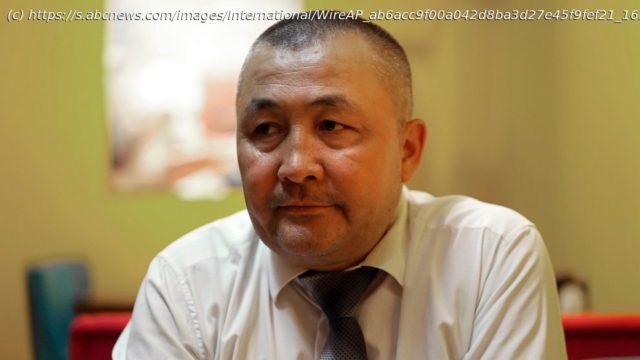Array
Five years ago, Bekzat Maxutkanuly was a small-time clothes merchant in Kazakhstan, uninterested in politics but worried over rumblings of a brewing crackdown across the border in China’s Xinjiang region, the land of his birth.
Now this week, as soldiers goose-stepped to anthems welcoming Chinese leader Xi Jinping on a visit to Kazakhstan, Maxutkanuly is preparing to drive from village to village across his country’s vast hinterlands to sign people up for a political party that will challenge Beijing, not welcome it.
“I never had plans to engage in politics,” said the 46-year-old Chinese-born ethnic Kazakh. “But then I started to realize the situation in Xinjiang was a huge problem, one that wouldn’t blow over in a year or two.”
The story of his political awakening illustrates how China’s crackdown on Uyghurs and other Muslim groups in Xinjiang has alienated many people in Central Asia, even as Beijing holds sway among its governments.
When the arrests in Xinjiang began, thousands of Kazakhs, Kyrgyz, Uzbeks and others of Central Asian ethnicity were abducted by authorities along with Uyghurs and swept into a vast network of camps and prisons.
Behind closed doors, Kazakhstan’s government pleaded with Beijing to release Kazakhs swept up in the crackdown. But in public, they said nothing and abstained from U.N. votes on whether to condemn or support China’s policies in Xinjiang.
China is a major investor in Kazakhstan’s oil and gas industries and loans billions of dollars to build railroads and highways. This week, Kazakh President Kassym-Jomart Tokayev met Xi on the airport tarmac when he arrived and treated him to a lavish state banquet.
Maxutkanuly calls the visit “humiliating,” given Xi’s treatment of ethnic Kazakhs.
“Now’s really not the time for him to visit,” he said.
Born to farmers in a small, heavily Kazakh village on China’s western frontier, he lived modestly but tested well, landing him a spot in college in Xinjiang’s capital.






